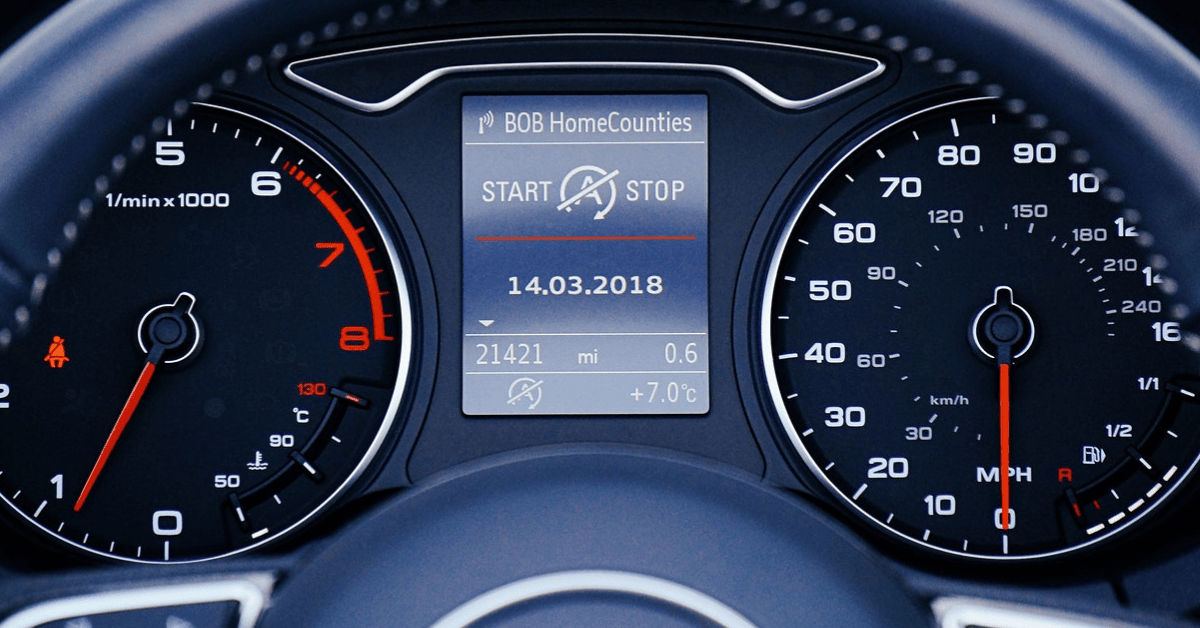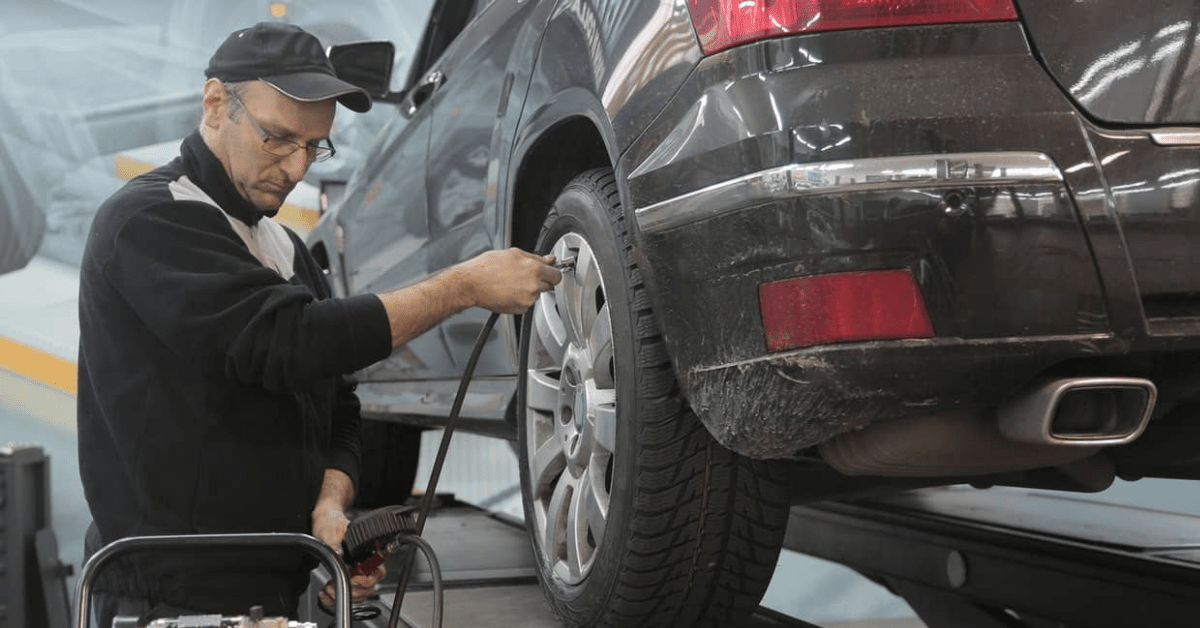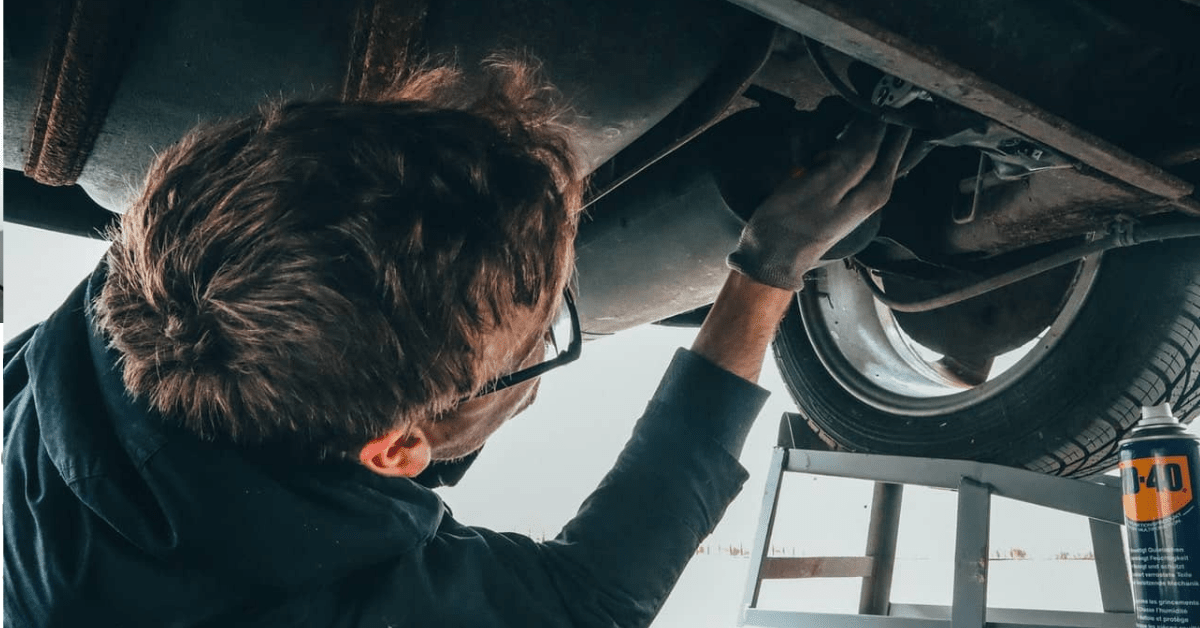3 things to note before buying your car!
There are a million and one things you should take note of before buying your car. From the basic decision of choosing the type of car to get, to settling the finances. That’s why it should come as no surprise that many buyers tend to overlook certain details. It could be due to the stressful car buying experience, trusting the seller (too much) or just plain forgetfulness, we’ll never know.
This is a huge mistake that many car buyers make, especially first-timers. Even though overlooking certain details might not pose a direct impact on your purchase all the time.
There are instances where slip-ups have caused a world of pain.
To help you protect yourselves (and your wallets), here are 3 things to note and check before buying your car so that you’ll avoid getting cheated.
1. Transfer of Ownership Documents
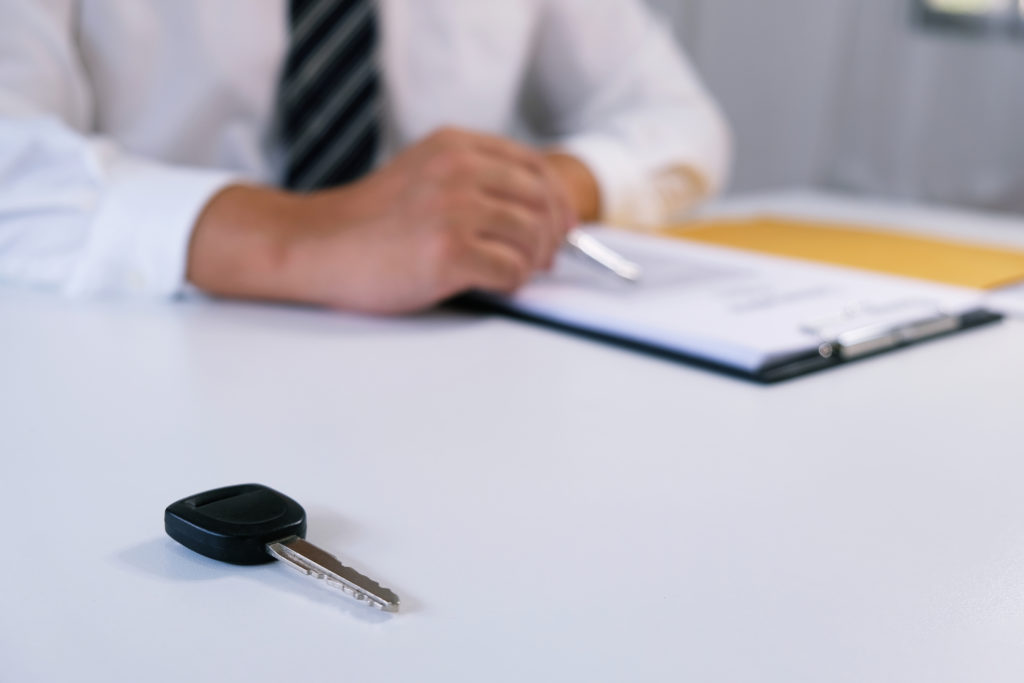
When buying your car, you are signing a contractual agreement which is designed to work for the dealership, not you. You should read, understand, and ask questions about all the documents you are signing.
You must check all the forms and agreements word for word. Not just once, but at least two or three times. If you can get a fresh set of eyes to check the documents for you, even better! Failing to properly check these documents can cause undesirable consequences.
There have been loads of reports about buyers getting scammed due to their own negligence. Meaning, these buyers did not check all the documents properly.
Do check every piece of document, it’s particularly important for you to check if the vehicle’s ownership has been transferred to your name. Please do this before making payment to avoid any misery because failing to transfer ownership is the most common form of scam we’ve seen.
It just happened recently, where the car the buyer wanted was not registered under the seller’s name, yet proceeded with the purchase without making sure the ownership has been transferred. Which means that despite paying for the car, technically the buyer doesn’t own the car. And there’s nothing the buyer or the authorities can do because it’s not seen as a criminal case.
Here’s what you should do:
If the car is under consignment, check if there’s a loan. If there is a loan, make sure the seller settles it before buying your car. But if there’s no loan, pay the seller in cashier’s order and get the ownership transfer done immediately.
Only if the car’s under the seller’s name, then should you go ahead with the purchase. And of course, always ask for transfer of ownership on the spot before handing over any money.
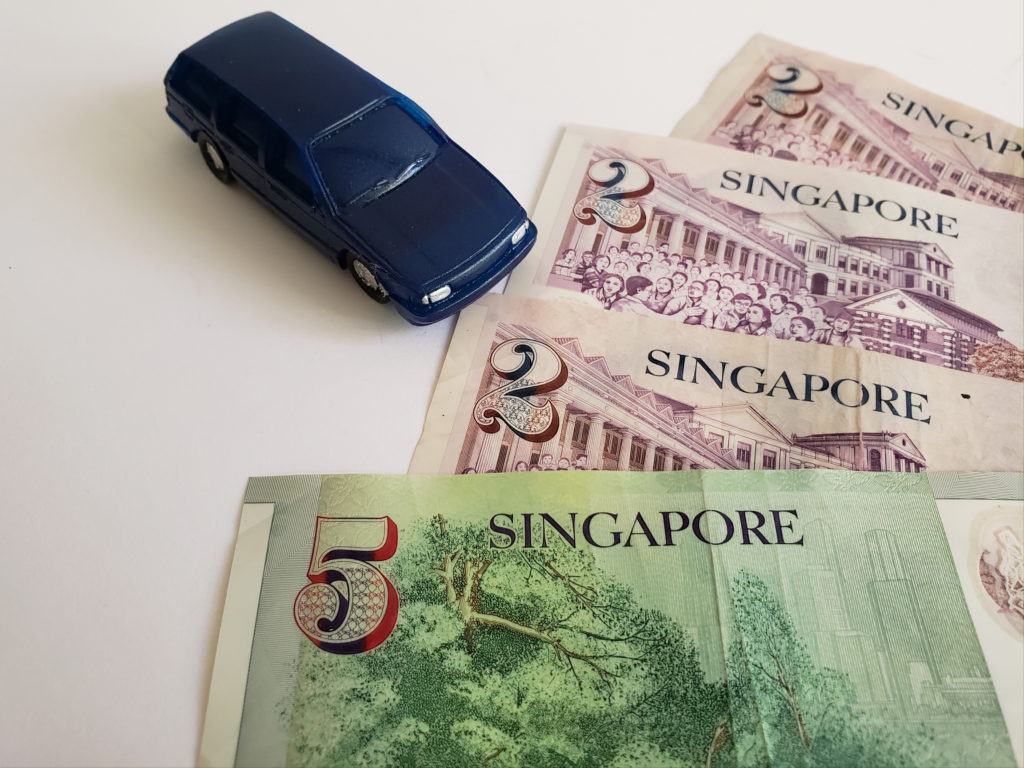
Always pay using a cashier’s order first. Especially when buying a second-hand car. This will protect you from the dangers of deceit! If you want to know more about cashier’s order, check this article out.
2. Research doesn’t guarantee protection
Doing your due diligence with extensive research is an important step when buying your car. However, it doesn’t guarantee 100% protection from getting cheated.

The research you do should not only revolve around car-related topics like the type, whether it’s brand new or used and additional costs. It should also be about where you’re going to get the car. Especially if you plan to get it from a used car dealer or parallel importer.
We’ve heard stories of buyers getting cheated countless times and doing proper research can help you avoid it. But of course, nothing is a guarantee and it’s impossible to 100% protect yourself from scams.
Take the story that we shared earlier, the sellers in question have been in business for years with a lot of good reviews. So, there’s no guarantee that doing proper research will protect you. But it’s definitely something you must do to have a higher chance of avoiding these scenarios.
3. If a deal is too good to be true, it probably is
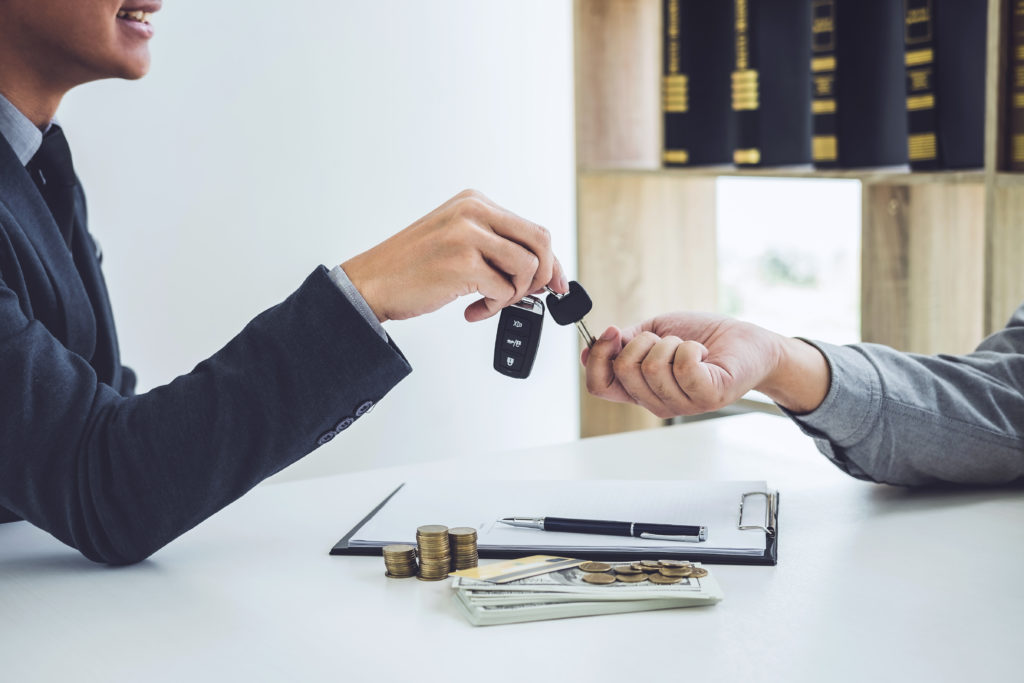
More often than not, when a deal looks too good to be true, it usually is. That’s why you should be sceptical of what’s going on during the purchase process. You should also read the terms and conditions and all fine print on any agreement before signing it.
There have been a number of cases where sellers add in loopholes, penalties or unnecessary ‘admin fees’ into the agreement to catch you off-guard. With all these hidden fees, you’ll likely be paying way more than what you thought it would be.
And the scary thing is, the seller won’t be in the wrong because everything is stated in the contract/agreement.
Always be vigilant and be a bit hesitant of deals that are too good to be true.
Visit our Carro Blog and check out more useful information and detailed guides for all things auto-related!
People also liked: YOUR GUIDE TO BUYING YOUR FIRST CAR 19 SPOTS WITH FREE PARKING YOU DIDN’T KNOW ABOUT 10 THINGS YOU MUST KNOW BEFORE YOU RENEW YOUR COE

